Q&A series with ECS OpenCon 2017 speakers
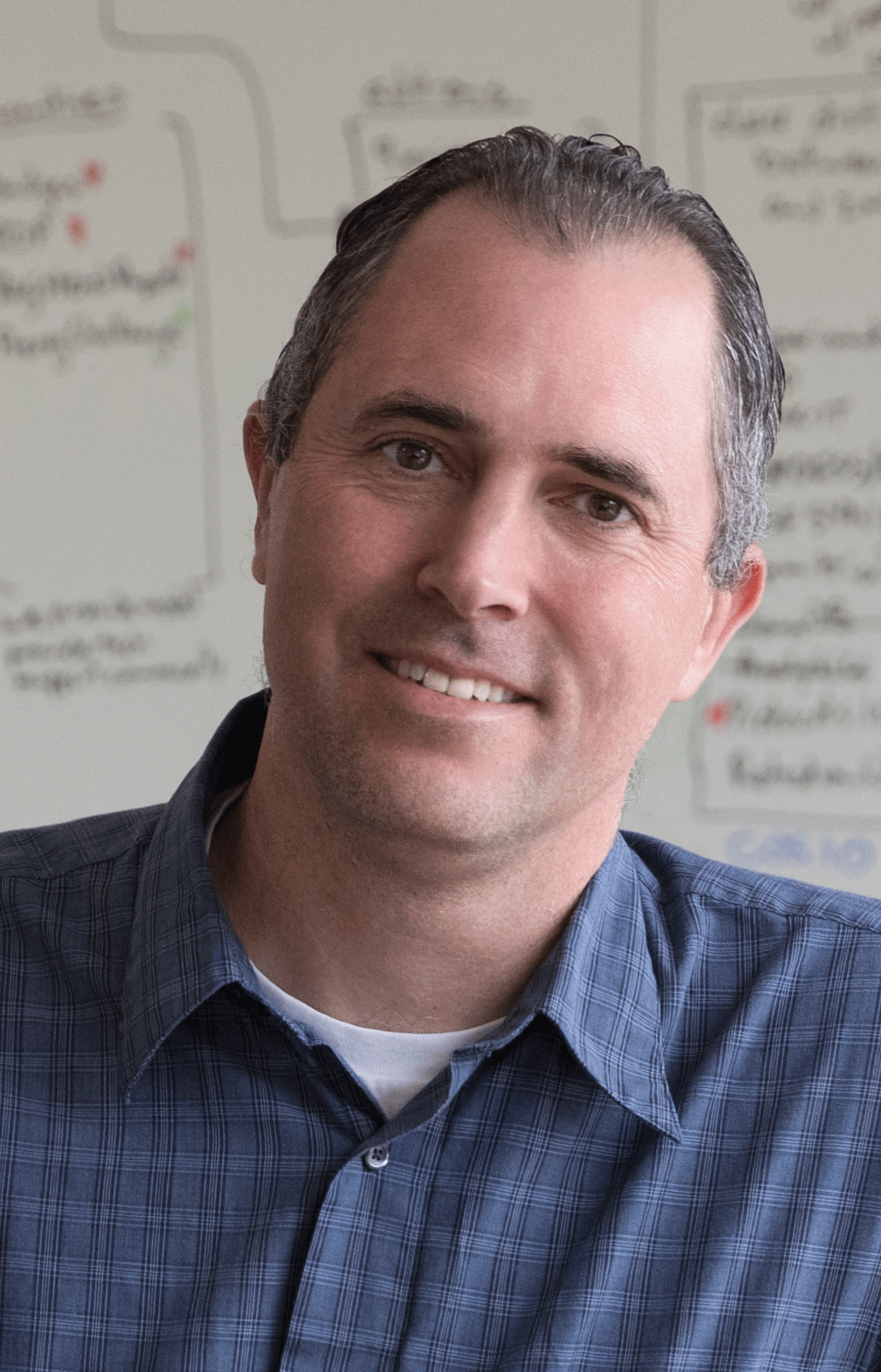
Brian Nosek, co-founder of the Center for Open Science
ECS will be hosting its first ever OpenCon event on October 1 in National Harbor, MD. OpenCon will be ECS’s first, large community event aimed at creating a culture of change in how research is designed, shared, discussed, and disseminated, with the ultimate goal of making scientific progress faster.
Brian Nosek, co-founder of the Center for Open Science, will be one of the featured speakers at the upcoming ECS OpenCon.
The following conversation is part of a series with speakers from the upcoming ECS OpenCon. Read the rest of the series.
ECS: What was the “aha moment” when you knew the Center for Open Science (COS) was needed?
Brian Nosek: COS began as two laboratory projects with a minimal budget, and a simple idea of testing the reproducibility of current research and building some tools to improve it. From the start, we wanted to help build a future in which the process, content, and outcomes of research are openly accessible by default. All scholarly content would be preserved and connected and transparency would stand as an aspirational good for scholarly work. All stakeholders would be included and respected in the research lifecycle and share the pursuit of truth as the primary incentive and motivation for scholarship.
For the launch of COS, it was less “aha” and more “whoa, we can do this?” Our lab projects received some media attention. One of the outcomes of that was that a number of funders contacted us with interest in the work. In particular, the Laura and John Arnold Foundation offered to support us and provided a very generous donation to elevate our aspirations from small lab effort to nonprofit organization.
(more…)


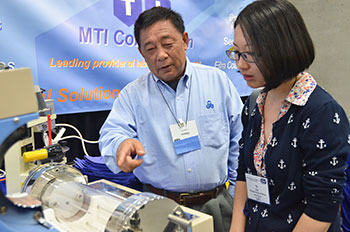 Don’t miss the opportunity to sponsor or exhibit at our largest spring meeting ever! Join us as ECS heads to the Seattle Sheraton and Washington State Convention Center in Seattle, WA from May 13-17, 2018, for the 233rd ECS Meeting. This is a can’t miss event for electrochemists and solid state scientists, featuring over 2,600 abstracts in over 50 symposia.
Don’t miss the opportunity to sponsor or exhibit at our largest spring meeting ever! Join us as ECS heads to the Seattle Sheraton and Washington State Convention Center in Seattle, WA from May 13-17, 2018, for the 233rd ECS Meeting. This is a can’t miss event for electrochemists and solid state scientists, featuring over 2,600 abstracts in over 50 symposia.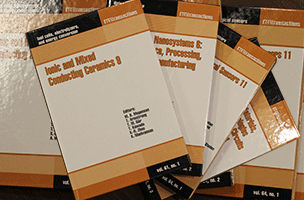 Did you know that ECS is partnered with
Did you know that ECS is partnered with 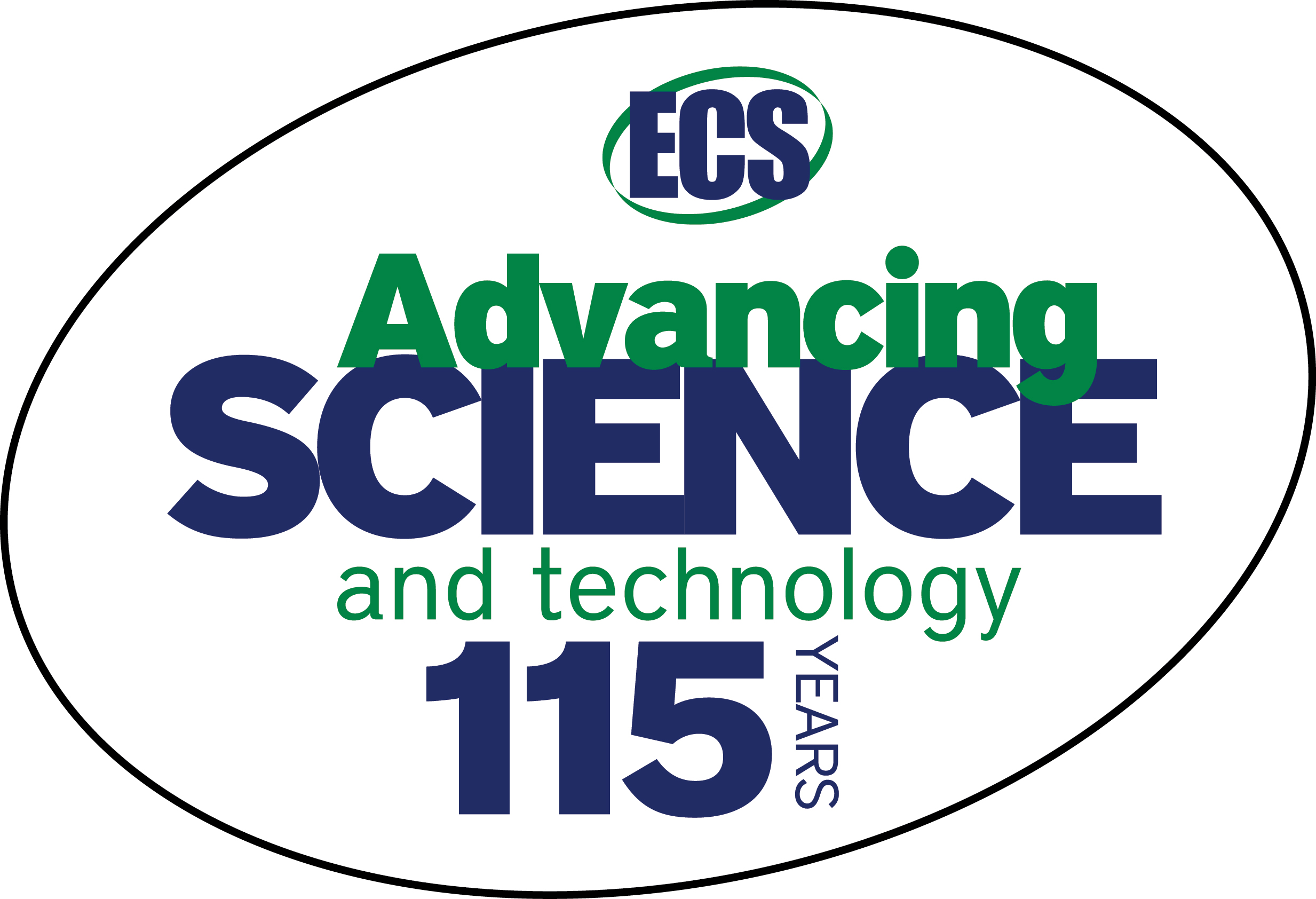 Since the
Since the 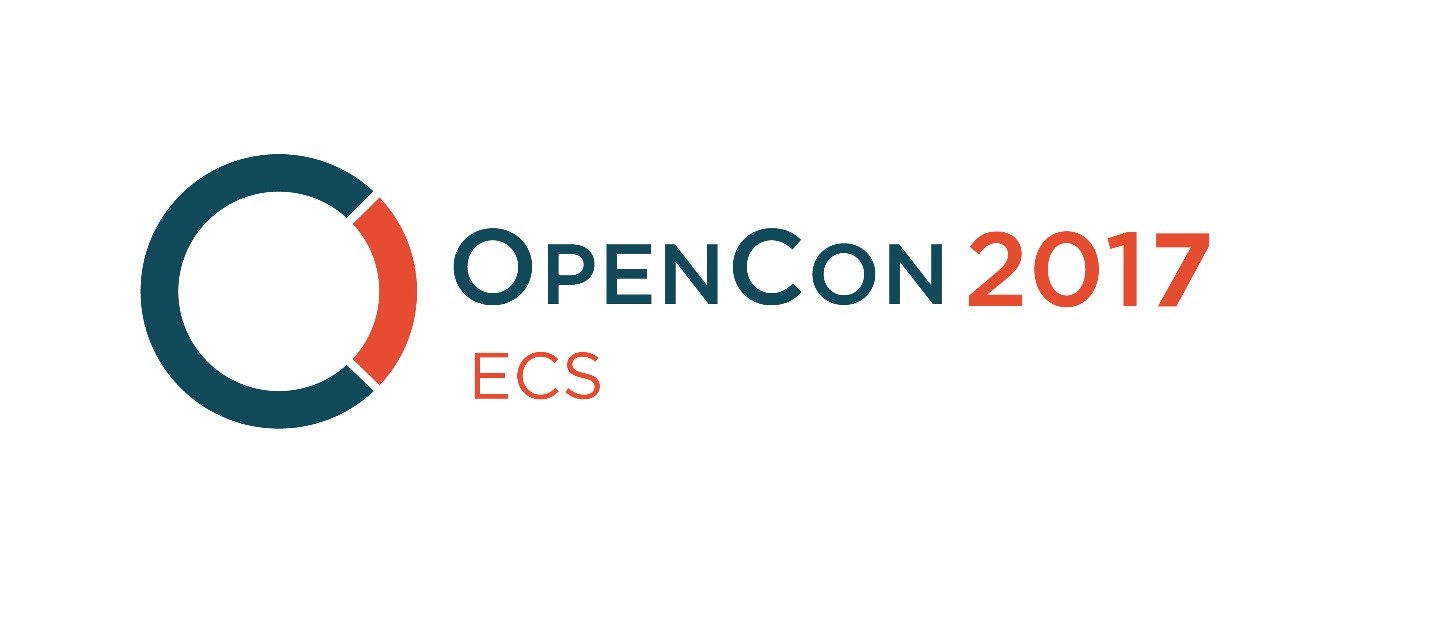 This Sunday at 2:00 pm ET is
This Sunday at 2:00 pm ET is 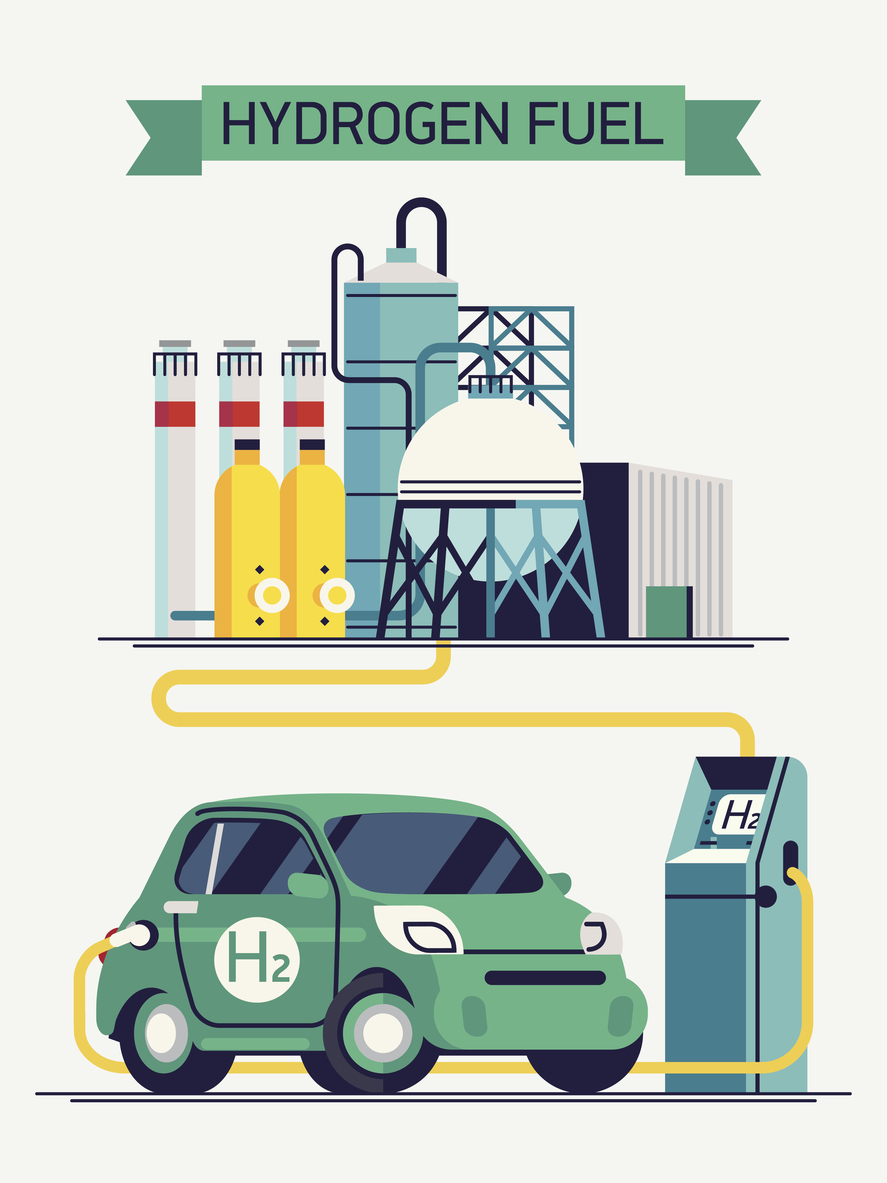 Want to see Electrochemistry in Action and ride in one of the world’s first commercial fuel cell cars while at the
Want to see Electrochemistry in Action and ride in one of the world’s first commercial fuel cell cars while at the 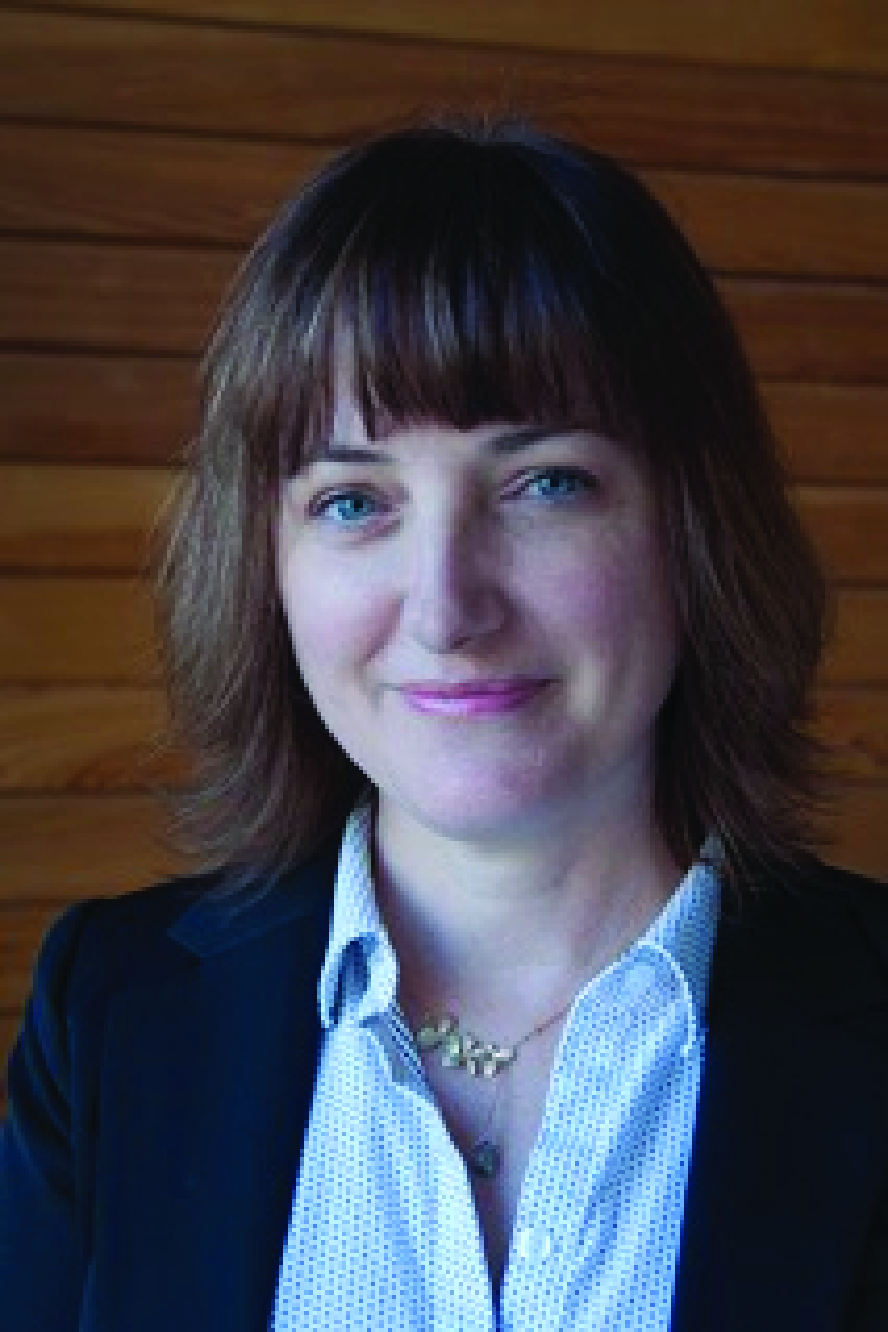

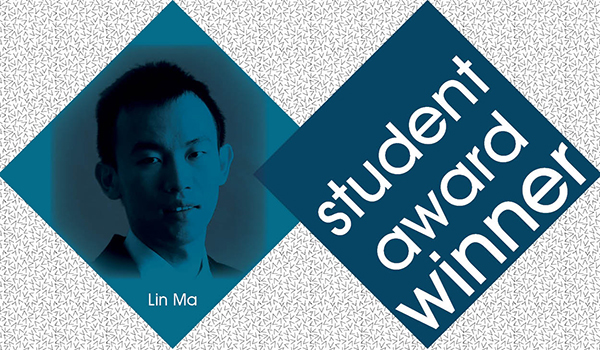 Each year, the ECS Battery Division recognizes achievement with four awards including its
Each year, the ECS Battery Division recognizes achievement with four awards including its 